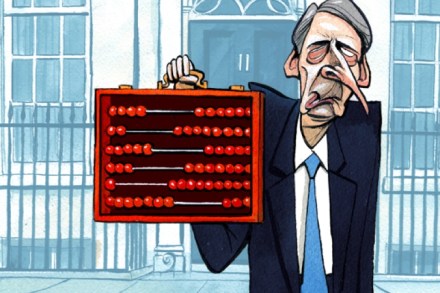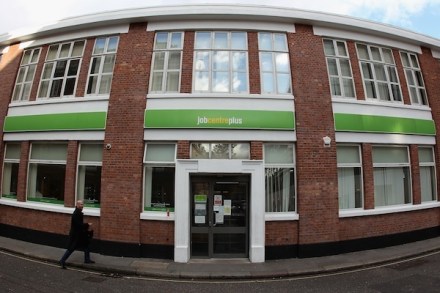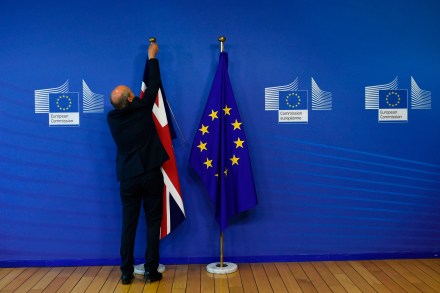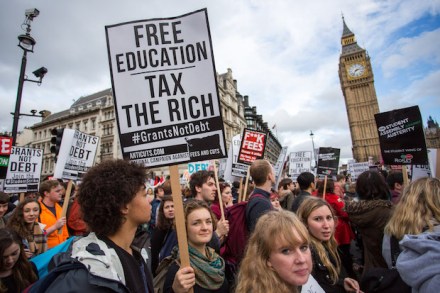Are the Tories about to abandon austerity?
Last week I wrote a column elsewhere arguing, among other things, that it is time for the government to look beyond its (almost impossible-to-meet) commitment to a budget surplus at some point in the 2020s and think about a looser target that might allow more public spending, seeking perhaps a primary but not overall surplus. (IE tax receipts equal spending on everything except debt interest.) I mention this not to advertise that column but because I think some of the reactions to it are worth sharing. As expected, one hawkish Cabinet friend was quick to scold me for advocating ‘yet more borrowing’. But another, well-acquainted with Treasury thinking, simply described



















